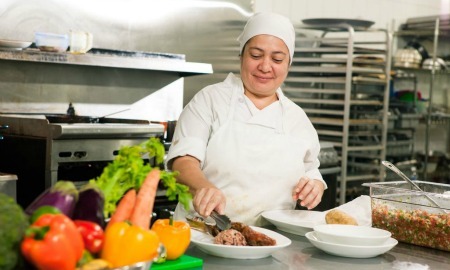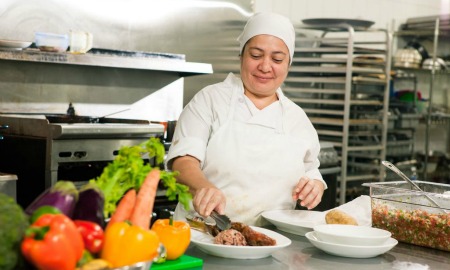A Stay At The Lodge At Pico Bonito, Honduras
I learned three very important things on my recent trip to Honduras.
First, termites taste just like black pepper, an amazing discovery I made after sticking my finger in one of those gigantic termite nests you often see in the jungle. The second useful piece of information I learned is that if you want to catch a jaguar on camera, soak a rag with Calvin Klein "Obsession;" it seems they can't get enough of the scent.
And lastly, you can't always believe every travel warning you hear. The U.S. Department of State recently issued a security warning about Honduras, insisting that crime and violence are serious problems throughout the country. Furthermore, the city I was flying into, they said, ranks as the most violent city in the world.
All I can say to that is "hogwash." I have never felt safer, met kinder, gentler people or had a more peaceful trip. In fact, I'd pit The Lodge at Pico Bonito, where I stayed, against any five-star property in northern climes. It's set smack-dab in the middle of the jungle, nearly two miles from a main road and the only "threats" are getting so wrapped up in watching keel-billed toucan nests or so enthralled by the pendulum swing of a motmot tail that you accidentally run into a tree.
Pico Bonito, bordering the national park of the same name, was started by a couple of U.S. entrepreneurs. It was chosen by National Geographic as one of the world's top ecolodges, belongs to Small Luxury Hotels of the World and, well, let's just say that Sports Illustrated didn't shoot one of their swimsuit issues there for nothing.
Lodge at Pico Bonito
Gabriel Cambon, the general manager, is French and a former chef for Fouquet's on the Champs-Élysées. Before he was at Pico Bonito, he directed food and beverage at Palmilla One and Only. In other words, the food here is spectacular. Many times I had to pinch myself. Is this a dream or am I really in the middle of this rainforest, being serenaded by birds and red-eyed tree frogs, while eating coffee and chile tenderloin medallions? Can it be true that pan-roasted rack of lamb with ratatouille and sautéed haricot vert is on a menu served only steps from ocelots and agoutis and troops of howler monkeys?
Although the food alone is worth the trip to this secluded lodge within swimming and snorkeling distance of Honduras' Caribbean coast, the biggest draw, the reason its 22 cabins are consistently booked, is Mother Nature herself. Head naturalist James Adams, a refugee from New Jersey, is just as excited about the birds he photographs, the snakes he catches, and the butterflies he observes as he was when he first visited Honduras 13 years ago.
His enthusiasm is contagious. "Honduras has everything Costa Rica has. Actually more. But tourism's marketing budget is practically non-existent," he says.
Of course, he's doing his part to promote his adopted country. He speaks regularly to Audubon and other bird-watching groups in North America. He instigated the building of Pico Bonito's butterfly farm (it breeds more than 40 species of tropical butterflies including the blue morpho), its serpentarium, and iguana house. When I was there, he was excited about the red-eyed tree frogs that have come to mate in the frog pond he and his crew of bilingual guides recently dug.
Lodge at Pico Bonito
The Lodge also offers miles of private trails winding through 100-foot canyons to waterfalls and natural swimming holes, a trio of four-story observation decks overlooking the jungle canopy, and such adventures as white-water rafting and safaris through the protected mangroves.
Located just 15 minutes from La Ceiba, The Lodge at Pico Bonito has 22 cabins, all around 400 square feet with private decks, hammocks, ceiling fans, free Wi-Fi, and native wood and vaulted ceilings.
For more info, contact The Lodge at Pico Bonito.

